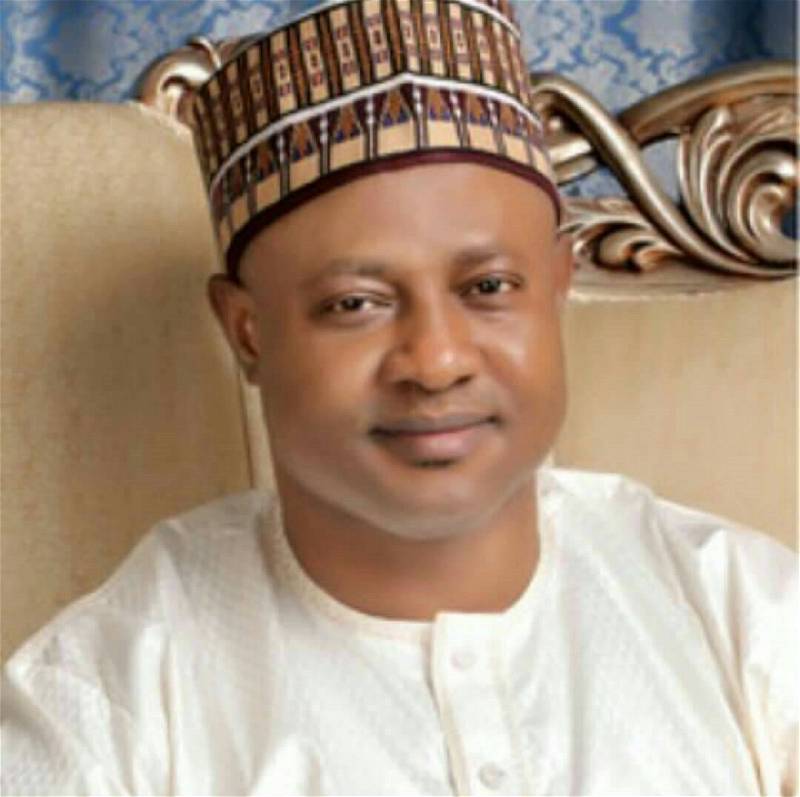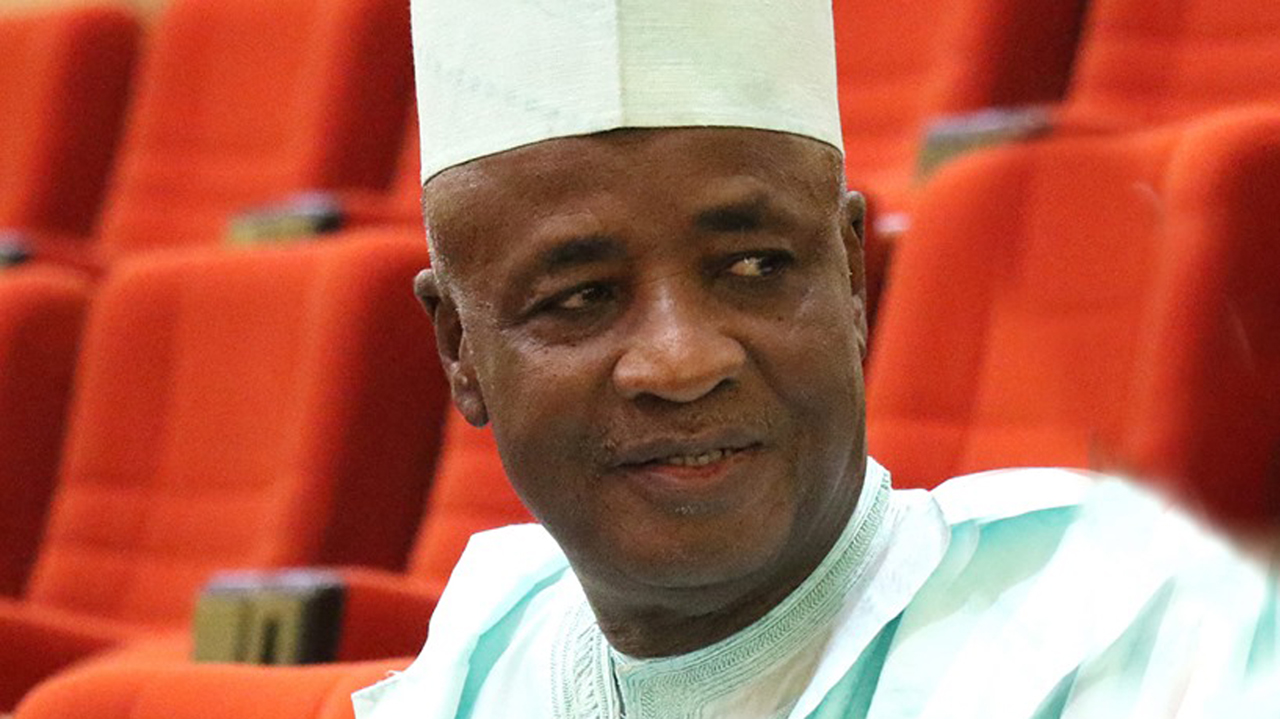“The man who moves a mountain,begins by carrying away small stones” Confucius
The Kano State Public Complaints and Anti- Corruption Commission (KSPCAC), is very unique in the sense that it’s a combination of two fundamental issues that are disturbing/worrying – and at the receiving end are the poor. The rights of the very poor – widows,farmers orphans etc are often trampled upon,most times with great impunity,because the regular courts are either too expensive or they hardly get justice due to delay. The poor also bear the brunt,when government officials connive with contractors not to deliver roads,that will help in evacuating farm produce or build health centers that will bring access to health care closer to them. In every sense it’s a pro- poor commission,giving speedy justice and in the process enforcing their Rights to live as enshrined in the constitution.
The testimony of how trusted and effective the commission has been, is the number of cases it has received. According to Muhuyi Magaji,the Executive Chairman of the commission “from its inception in April 2005 to date, a period of 11-years, the Commission has received over 7,000 complaints and petitions. Comparative statistics shows recorded cases numbering 166 in 2005; 534 in 2006; 557 in 2007; 655 in 2008; 741 in 2009, 591 in 2010, 422 in 2011 to December 2013. The Commission only received 517 complaints and petitions, with no tentative figure from 2014 to 2015, but from August 2015 to date the Commission received over 3,300 complaints and petitions,’’ And in 2018 over 1,486 complaints. It has equally recovered a whooping 1.5 billion naira in cash and in both movable and immovable properties. Presently under its purview for resolution are land issues worth over 1.3 billion naira at Dotsa and Riga Fada villages,in its unrelenting desire to ensure justice to the poor and rich people of the state alike.
In the fight against corruption there is a consensus that corruption is better tackled through the institutions and this is one area that the Kano State agency is quietly working on through collaborative efforts with other agencies. KSPCAC is on the right track especially it’s willingness to collaborate with other anti- corruption agencies. Working with the ICPC on corruption risk assessment would definitely help identify loopholes in the operations of key ministries like health and finance that if plugged would reduce the work load of of having to investigate after the act. Prevention,like they say is better than cure. The shift to prevention is heartening,for by looking at how the system makes it easy for corrupt acts to be perpetuated the nightmare would have been addressed at the root.
The call by Magaji the chairman of Kano State Public Complaints and Anti-corruption Commission for other states to set up similar commissions is worth taking a good look at, considering the many advantages,most especially in taking the war against corruption to the grassroots,which will erase the impression that the war against corruption is for the federal government alone. Magaji is absolutely dead right that “collectivism” is what the fight needs and the states must be seen to partner with the federal government ,to eradicate corruption in all its ramifications.
The Independent Corrupt Practices and other related offences commission (ICPC), Economic and Financial Crimes Commission (EFCC), Code of Conduct Tribunal, are obviously over whelmed in the war against corruption,just as the National Public Complaints Commission. Which makes the Kano State option worth pursuing by other states. Assuming the Kano State Commission is not on ground,the National Public Complaints Commission would have been saddled with the over 7,000 cases KSPCAC has handled. And it has doubtful if it would have achieved the success rate of the Magaji led commission,which has the added advantage of understanding the religious and cultural norms of the people. The Kano effort is true federalism at work and a confirmation that local problems are better solved by those who understand the religious and cultural norms of the people.
The commitment of the Abdullahai Ganduje administration to frontally wage and win the war against corruption can never be questioned, considering the funding and the autonomy the commission enjoys. Was the governor playing games or paying lip service in the war against corruption, serving and past officials of Kano State government would have been shielded from investigations just by his body language. For instance it was the interim report of the Magaji commission on the activities of Aisha Bello,the former Accountant General that forced her to tender her letter of resignation. But the commission has expressed its determination to continue its investigation, going by the government statement ” a thorough investigation into the management of the state finances, including contract payments , salary payments and alleged salary payment deductions among others by the Kano State Public Complaints and Anti-Corruption Commission would continue”
The allegations against Bello includes unauthorized payments to some contractors without the direct approval of the governor, irregular deductions and non- payment of workers,which almost led to industrial action by the Nigeria Labour Congress. With the economic downturn only prudent management of the scarce resources is keeping Kano State afloat. Before her, Idris Dambazau,the immediate past Kano State commissioner for Special Duties, who reportedly refused to return his official vehicles on leaving office,on the grounds that he was being owed was compelled to by the commission
Governor Abdullahi Ganduje must be commended for walking the talk. Apart from opening offices in the 44 Local Government Areas,it has strengthened its operations by employing over 120 key personnel. The training of over 200 personnel at the ICPC Academy,indicates the desire to boost performance and to professionalize the commission. By words and by actions the governor has shown that the war against corruption the cardinal principle of the Kano State government under his watch is not a fluke. And that his loyalty and admiration of Muhammadu Buhari,is borne out of shared principles.
Moving forward the Executive Chairman must continue on the path that has ensured that aggrieved citizens see in the commission a friend that they have absolute trust and confidence in. The commission has demonstrated that it stands in the solidarity with the down trodden,the “talakawas” who for too long had been at the receiving end of oppressive elements,which has been made possible by its impartiality.



